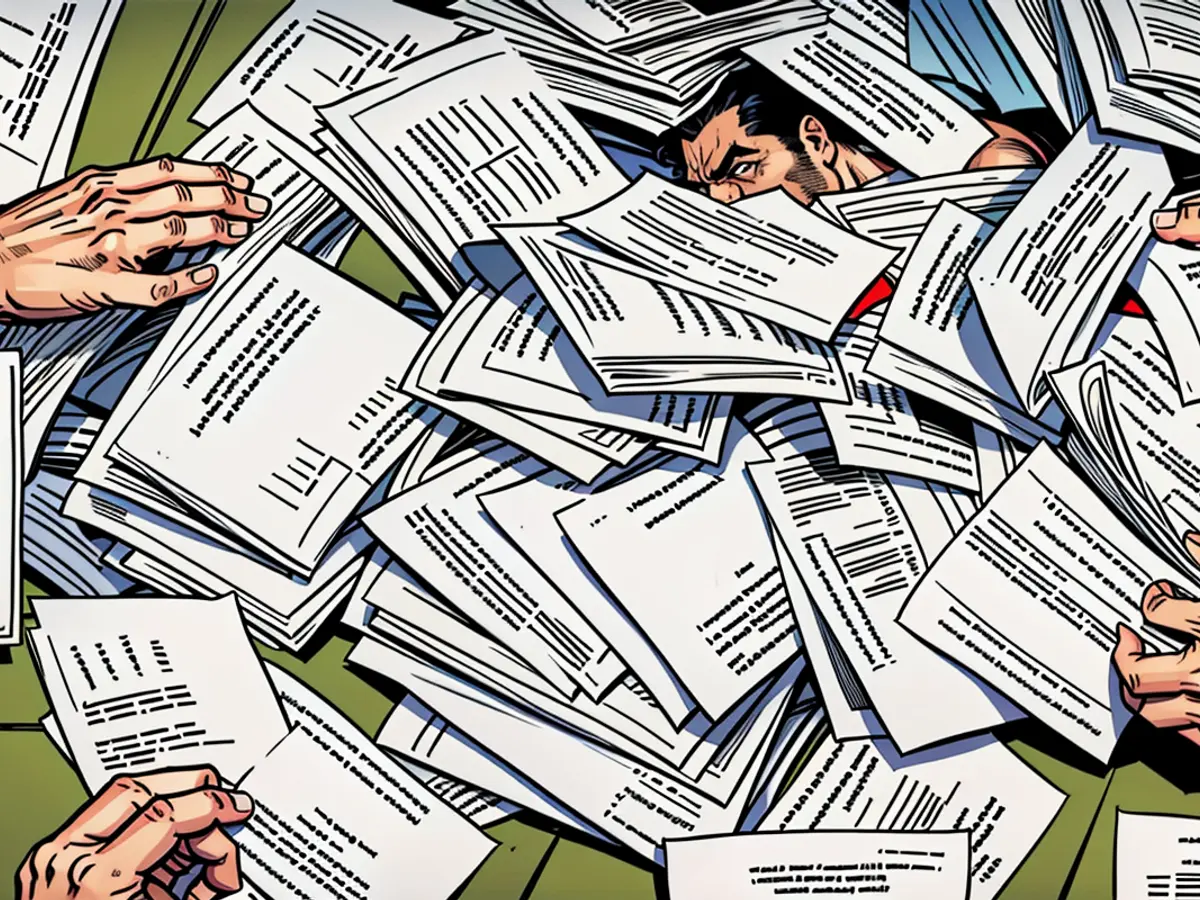Voting Process - Municipalities organization: AfD victory might shift the dynamics of conversation
The victory of the AfD in the Saxony-Anhalt municipal elections might potentially affect the atmosphere in local councils, as suggested by the Association of Cities and Municipalities. The new representatives may behave unpredictably at upcoming gatherings, according to the association's president, Andreas Dittmann (SPD), who also serves as the mayor of Zerbst. Typically, dealing with the AfD on a city level is more nuanced, with the party's ideology taking a backseat to practical issues. "There will undoubtedly be overlapping votes," Dittmann remarked. In the past, the actions of AfD members in the Zerbst city council differed significantly from those of state politicians in the state parliament.
Initially, Dittmann anticipates a period of orientation since numerous new representatives will be elected. "Several may realize that the factors motivating them on a federal political level have little relevance." Still, the outcomes must first be assimilated. The AfD received almost every vote in more than one-third of the municipalities, and in nine of the 14 regions, it earned a majority, including the cities of Halle and Dessau-Roßlau.
The president of the County Association of Saxony-Anhalt, Goetz Ulrich (CDU), mentioned certain protocols that must be followed in county councils. Any shifts in majorities won't affect these regulations. However, if a person were to seize the chairmanship in a county council, that wouldn't be specified; it depends on majorities. Each county will address the results uniquely, said Ulrich, who also holds the position of district administrator of the Burgenlandkreis.
Both state and federal entities should acknowledge the election results. This result is essentially a snub to the federal government. "And under this election result, the municipalities must now bear the brunt," said Ulrich. It's no surprise that discontent prevails on a communal level with the federal government and state continually providing new task proposals and making social pledges that are neither resourced nor funded to their full extent.
Read also:
The electoral success of the AfD in Saxony-Anhalt's municipal elections could lead to a shift in the election discourse at the local level, as suggested by the Association of Cities and Municipalities. The upcoming local elections in various municipalities may see unpredictable behavior from the new AfD representatives, according to SPD president Andreas Dittmann, who acknowledged potential overlapping votes. Despite the AfD earning a majority in nine regions and nearly every vote in over a third of the municipalities, including Halle and Dessau-Roßlau, the practicalities of governance often take precedence over ideology at the city level.
In a discussion with Goetz Ulrich, president of the County Association of Saxony-Anhalt (CDU), it was conveyed that the shift in majorities in county councils wouldn't affect existing protocols. However, the seizing of the chairmanship in a county council would depend on the new majorities. Each county will address the election results individually, said Ulrich, the district administrator of the Burgenlandkreis.
Following the municipal elections, the AfD's victory could be seen as a rebuke of federal government policies, as stated by Ulrich. The burden of new task proposals and unfunded social pledges from both state and federal entities has led to widespread communal discontent.
The potential impact of the AfD's electoral success extends beyond local elections, with the party set to participate in the European elections. With the SPD and other established parties entering the European elections facing challenges, the political climate in Germany may undergo a significant transformation.
Time will tell if the AfD's electoral success will shift the dynamics of discussions and power structures in the realm of Saxony-Anhalt's municipalities and beyond.








